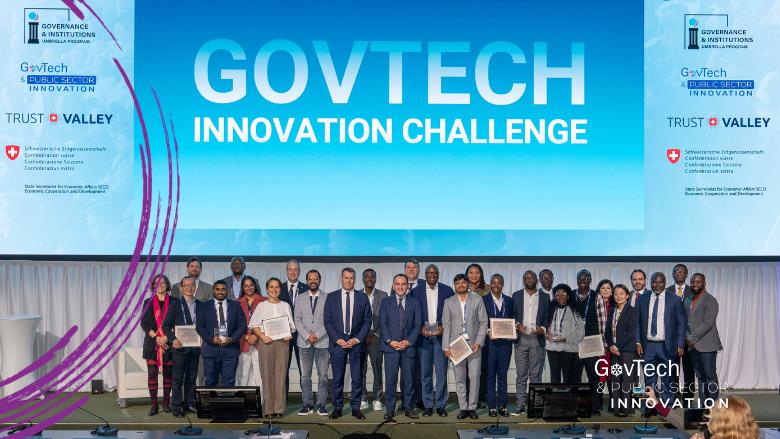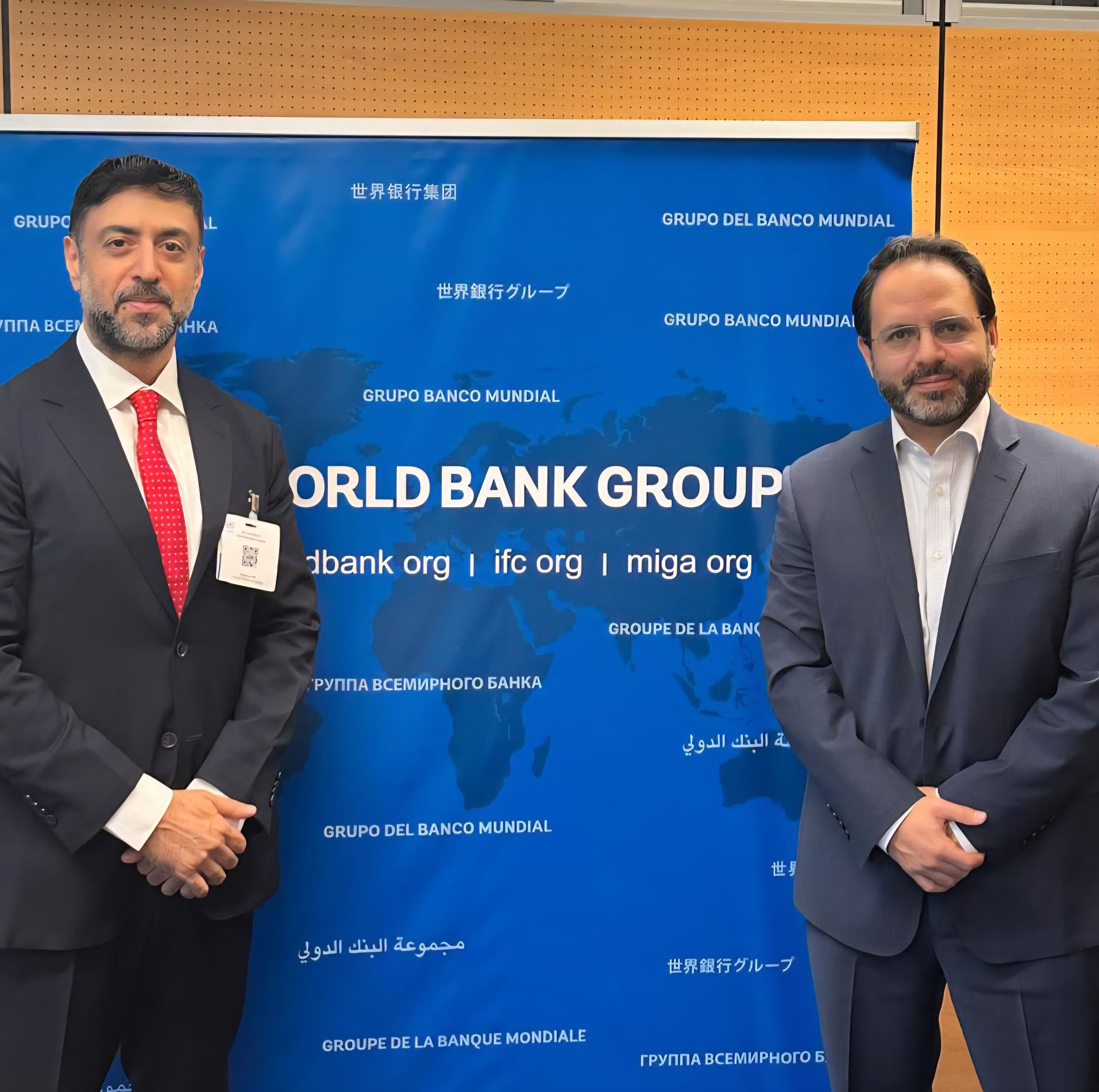Date: May 1, 2025
Abu Dhabi
As part of the Abu Dhabi International Book Fair 2025, the intellectual sessions featured a prominent symposium delivered by Dr. Mohammed Osman Elkhosht, Advisor to the Arab Federation for Digital Economy. He addressed the issue of cognitive stagnation and its impact on hindering economic and social development, emphasizing the need to adopt new thinking patterns based on innovation and critical analysis.
In his speech, Dr. Elkhosht focused on the challenges facing developing societies, which lie not only in a lack of resources, but also in the dominance of what he described as the “rigid mind,” which repeats the familiar and opposes innovation. This contrasts with the “effective mind,” which contributes to building a knowledge economy capable of adapting to the changes of the times.
He explained that modern economies are not built solely on technology and infrastructure, but rather on flexible intellectual systems that view knowledge as a productive and renewable resource, not a closed heritage. He emphasized that the transition to a truly digital economy begins with changing the way people think and adopting a critical mindset as an essential tool for understanding reality and formulating solutions.
Dr. Elkhosht pointed to the importance of building an educational and research environment that encourages analytical thinking and frees new generations from the tendency toward indoctrination. This is in order to develop human competencies capable of producing knowledge and efficiently managing digital and innovative projects.
He also spoke about the need to link education with the economy, emphasizing that an effective mindset does not operate in a vacuum, but rather is formed within a system that believes in the role of knowledge in enhancing productivity and achieving sustainable development. He explained that many countries that have achieved tangible economic leaps did not begin with natural resources, but rather by investing in minds and technology, and adopting new approaches to thinking and management.
Concluding his remarks, Dr. Elkhosht called for the adoption of a new intellectual model in the Arab world, one based on cognitive awareness and engagement with economic variables. This model seeks to establish a digital economy capable of leveraging artificial intelligence and data analysis technologies within an environment that encourages creativity and stimulates sustainable transformation.
The session was widely attended by academics, researchers, and those interested in knowledge and economics. They commended the importance of linking intellectual transformation with digital transformation, viewing it as an urgent call to renew the intellectual foundations upon which the future of the Arab economy is based.











